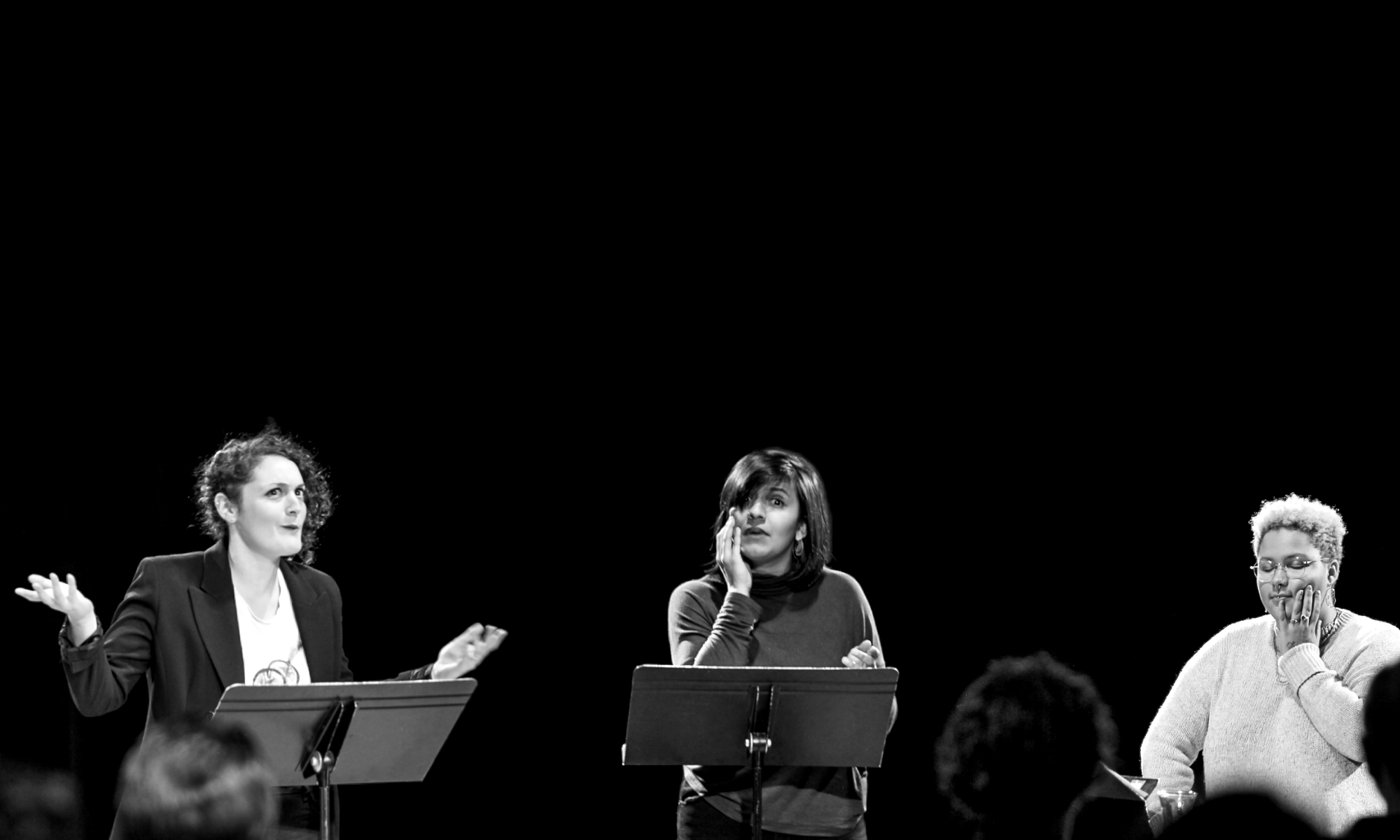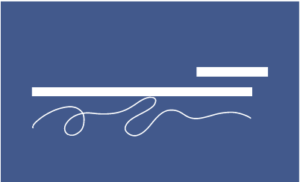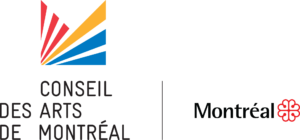Applications are open for the Résidence de traduction Glassco à Tadoussac, a Playwrights’ Workshop Montréal Residency, in partnership with the Fondation Cole, and with the support of the friends and family of Bill Glassco.
Apply by March 1st, 2024.
Selected applicants will be contacted by April 5th, 2024.
If you have any questions regarding accessibility, require assistance with this application, or would like to discuss alternative methods of applying, please contact accessibility@playwrights.ca.
The program plays a vital role in Canada’s theatre-making landscape through its unique support of new translations. Translators and playwrights apply together to continue their work on a specific project during the residency. Over the course of the 10 days, participants live together at Fletcher Cottage in Tadoussac to develop the translations. Work is done independently and with the support of Translation Dramaturg, Maryse Warda. Artists share a collaborative 5 à 7 discussion and catered meal together each evening.
The Glassco Translation Residency provides participants with transportation, accommodation, meals, an honorarium of $800.00, and dramaturgical support.
Residency Dates: June 1 – 12, 2024
June 1st: Arrival in Tadoussac
(travel may take 1 – 2 days depending on point of departure)
June 2nd to 11th inclusively: Résidence
June 12th: Departure from Tadoussac
Artists must be available for the entirety of the dates above.
Comment postuler :
You can apply for the 2024 Glassco Translation Residency in Tadoussac via our Google form.
Audio et video answers to some of the questions in the form are also welcomed. Click here to view the form as a PDF.
You will be asked to provide the following information:
- Name, pronouns (optional) and contact information of the translator and playwright
- Geographical location(s) the translator and playwright will be departing from to get to Tadoussac
- A description (written, video or audio) of the project which includes:
- A description / history of the translator and playwright’s working relationship;
- Why the work in question is being translated;
- An indication of how the Residency will benefit the project, including how being in physical proximity to the playwright might move the translation forward;
- Any details on production interest;
- A description of where you are in the translation process;
- Whether you are interested in dramaturgical conversations around translations, including with other artists at the residency;
- Biographies and CVs of both the playwright and translator;
- A copy of the play in its original language;
- A sample of a previous translation work (10 – 12 pages)
If you have any questions with regard to the program, please email heather@playwrights.ca.
PWM welcomes all applications. While recognizing that the identity of each person is fundamentally plural, and multidimensional, we strongly encourage applications from artists who are: Indigenous (First Nations, Métis, and Inuit), Black, POC, racialized (including recent immigrants), 2SLGBTQQIPAA+, neurodivergent, disabled, living with chronic illness and/or chronic pain. PWM is strongly committed to supporting a wide range of cultural identities and lived experiences, therefore we encourage applicants to self-identify in their application if they are comfortable doing so.
If you have any questions regarding accessibility, require assistance with this application, or would like to discuss alternative methods of applying, please contact accessibility@playwrights.ca.
Selection Criteria
- A key eligibility requirement is the availability of both the playwright and the translator to attend the residency together.
- We accept applications of plays that are currently in the process of being translated. Please note that we do not fund the commission of the translation.
- The play should ideally have had a production in its original language.
- At least one component of the project (playwright, translator, commissioning theatre, or producing theatre) needs to be Canadian.
- Residency participants will be selected by a committee. Due to the limited number of spots available in the residency, we can only welcome a few translator-playwright pairs, despite receiving many inspiring applications. The committee will make their selection based on the potential benefit to the playwright, translator and the project, as well as the dynamic of the group.
About the Glassco Translation Residency
The Glassco Translation Residency invites playwrights and translators from across Canada and internationally to come together for ten days in Tadoussac, Quebec, to work in-depth on their translation projects.
Participants are provided with a unique opportunity to focus on their projects and to share questions in a residency environment. Translations into all languages are welcomed. Over the past 17 years we have offered space, time, and dramaturgical expertise to over 72 translation projects into languages such as Cantonese, Catalan, Cree, English, French, Innu-aimun, Italian, Portuguese, Spanish, Tamil, Tagalog and Urdu.
The Glassco Translation Residency dramaturg will once again be award-winning translator Maryse Warda, joined by residency producer and co-host, Briony Glassco.


Details on the Stay
The house: The residency is in Tadoussac, Québec in an 18th century log home. There are 8 steps down to the entrance of the house. Each guest will have their own room with a writing area, and there are multiple locations to write throughout the home. The bathrooms are shared. The bathrooms are not wheelchair accessible. For detailed information or to ask specific questions about the bathrooms, accommodations, or workspaces, please email accessibility@playwrights.ca.
Travel: In order to arrive in Tadoussac, transportation is provided typically by train or airplane to Quebec City. From Quebec City, a three-hour taxi ride or a bus ride via Orleans Express (that crosses a ferry at one point) brings the participants to the house in Tadoussac.
Meals: PWM hires a chef to make dinner each evening. Lunch and breakfast are on a self-serve basis. PWM asks all participants their food preferences and dietary restrictions ahead of time so that we can accommodate them. The dinners are communal.
Internet: WiFi access throughout the house has been recently optimized and is suitable for working. However, it may not be suitable for video calls and streaming in certain areas, and service interruptions are possible due to the remote location.
The Glassco Translation Residency in Tadoussac is made possible through our partnership with the Cole Foundation’s Intercultural Conversations Program, the dedication of Residency Producer Briony Glassco, and the support of the friends and family in memory of the great Canadian theatre artist, Bill Glassco. We are also grateful to the Canada Council for the Arts, the Conseil des arts et des lettres du Québec, and the Conseil des arts de Montréal for their ongoing support.



















